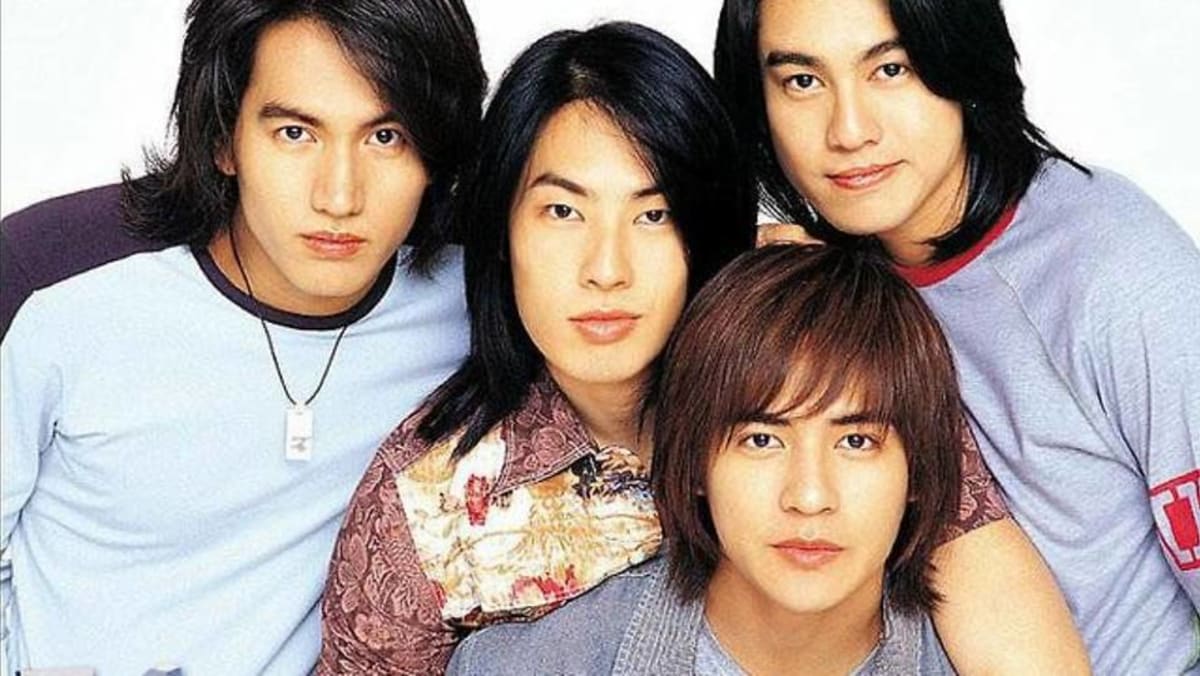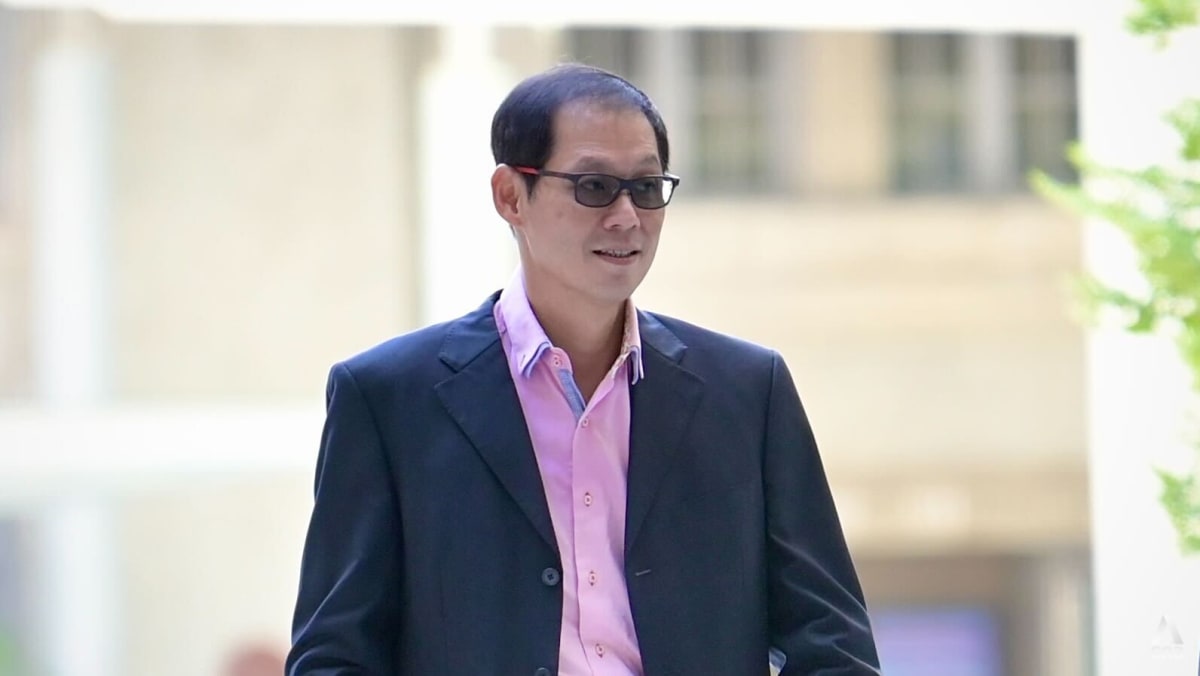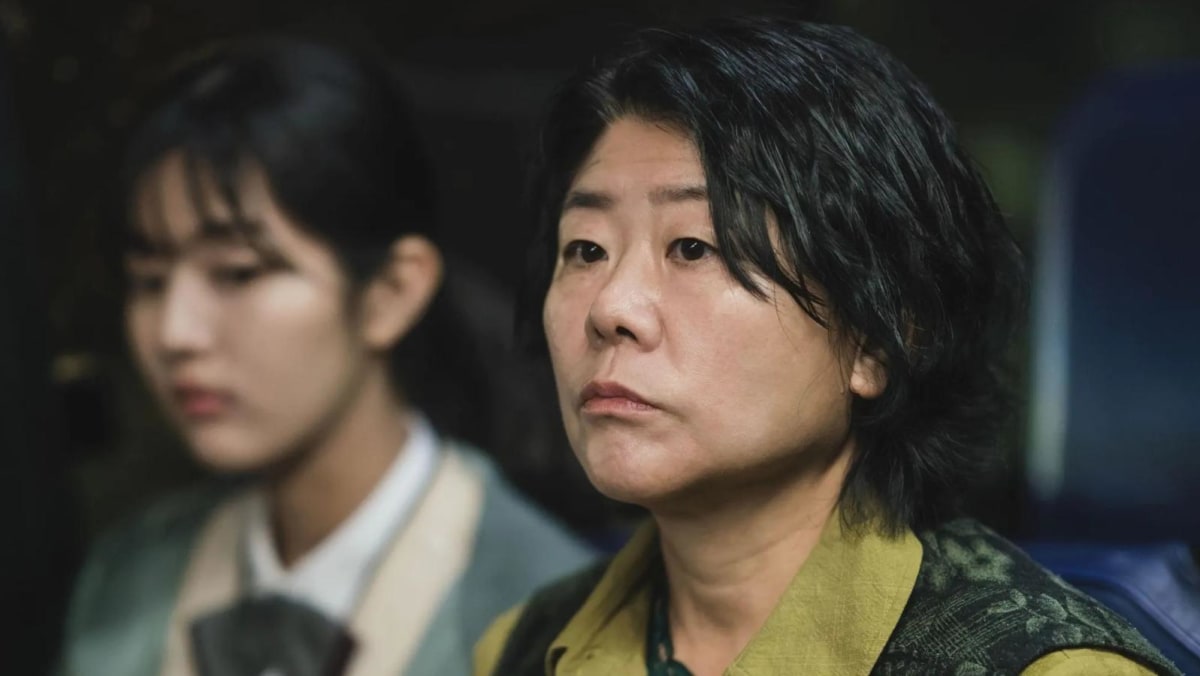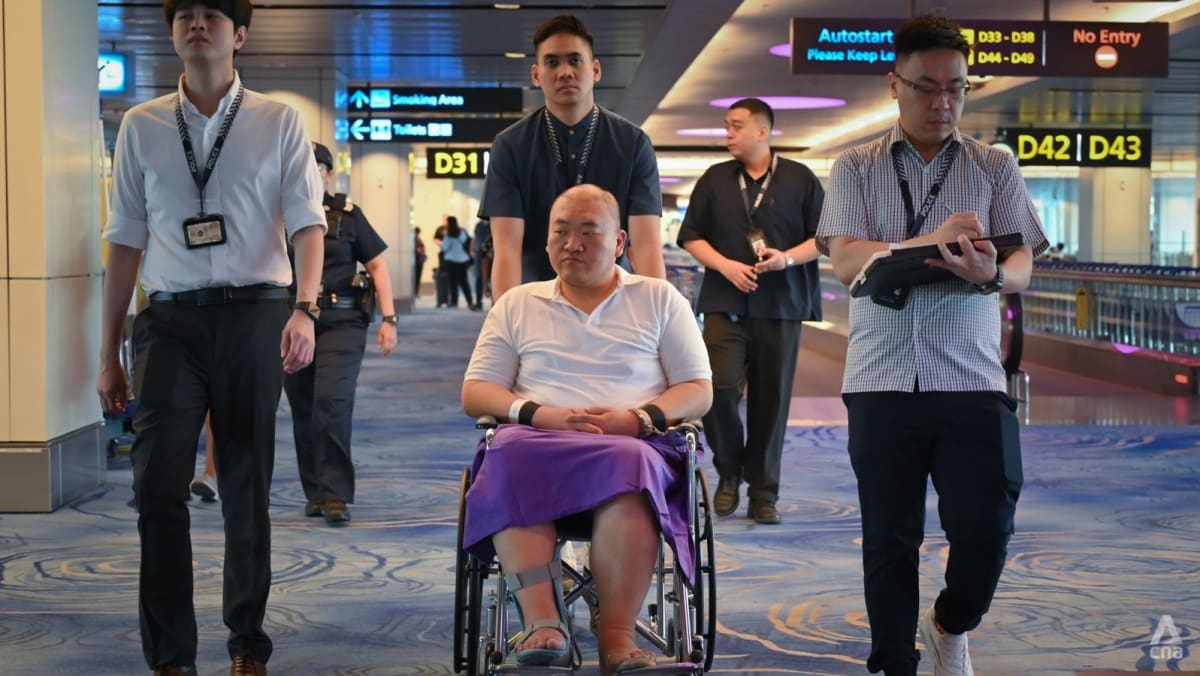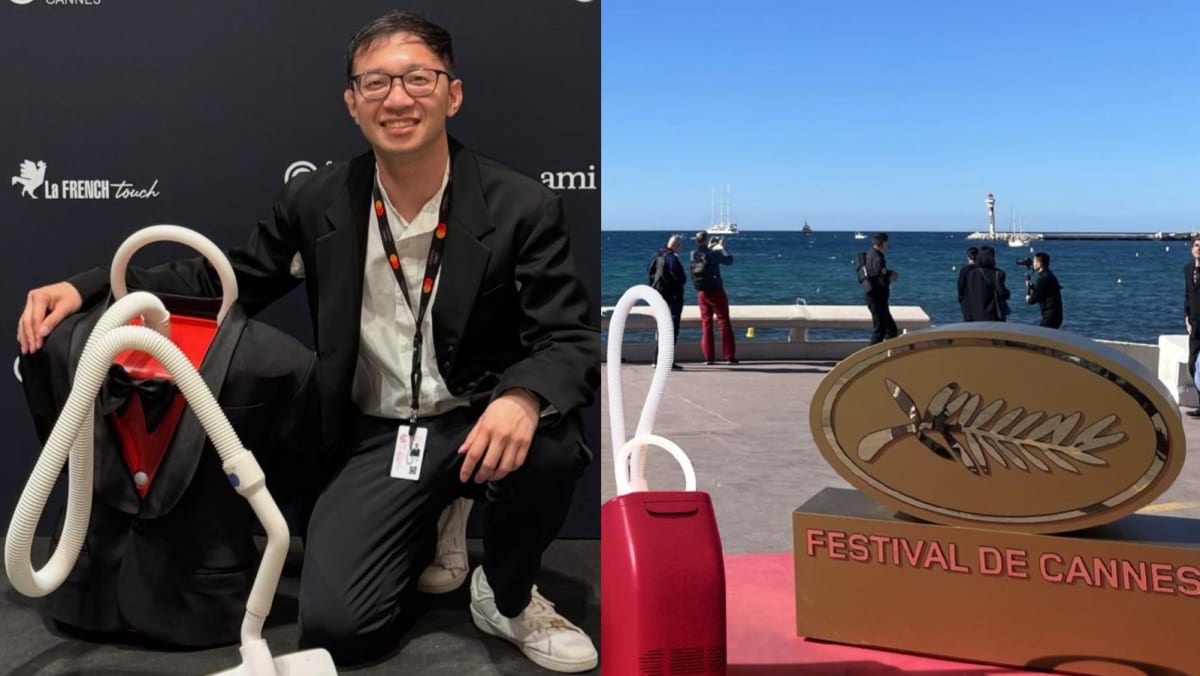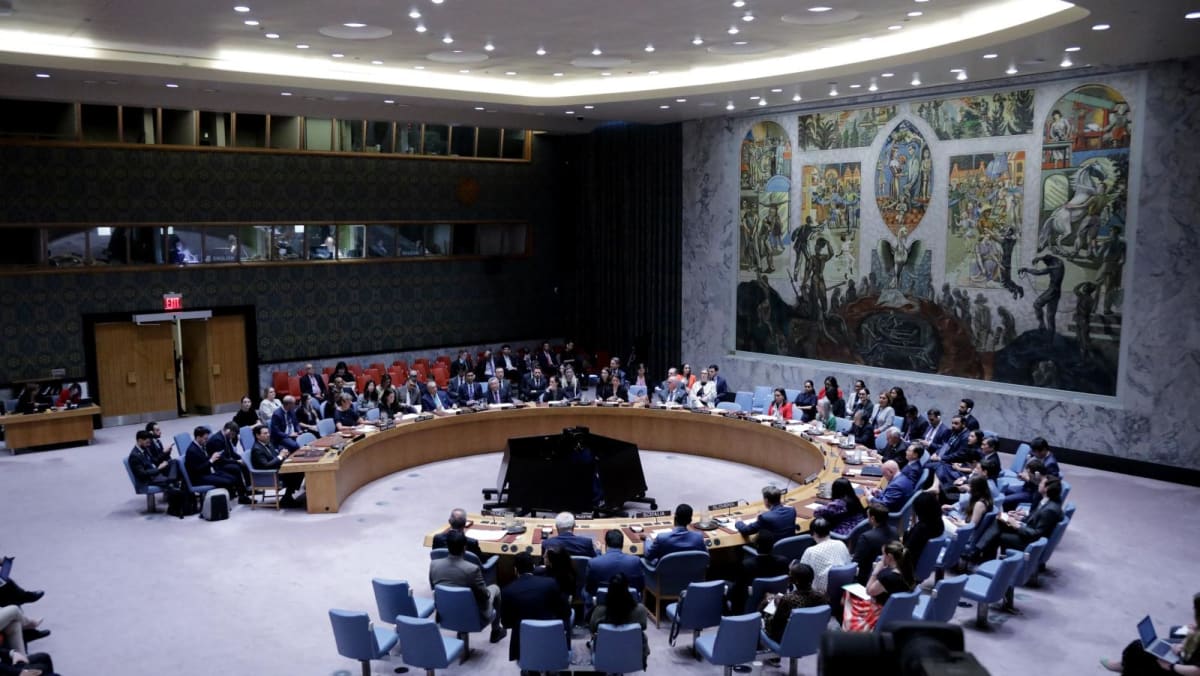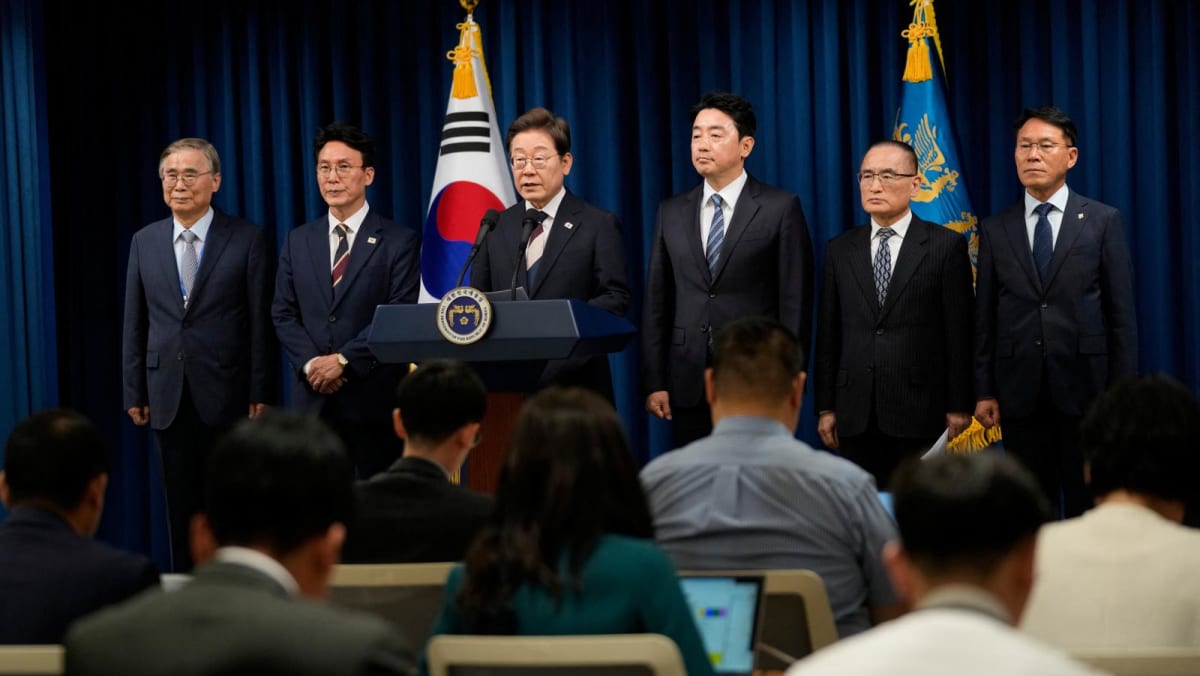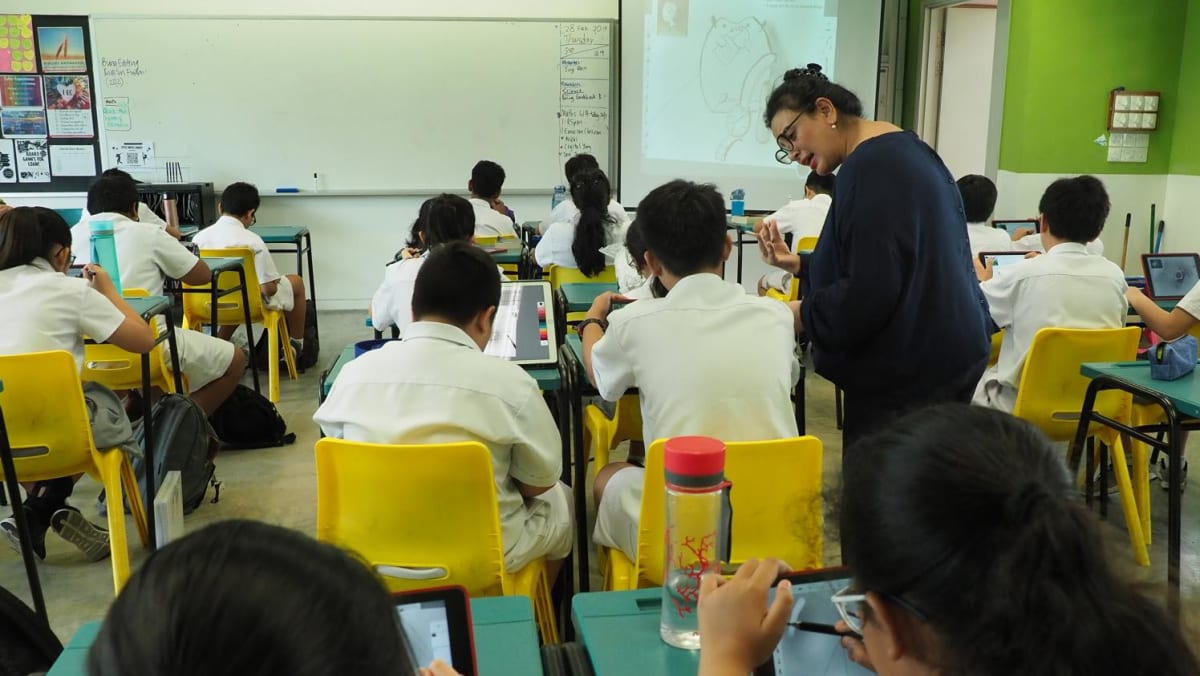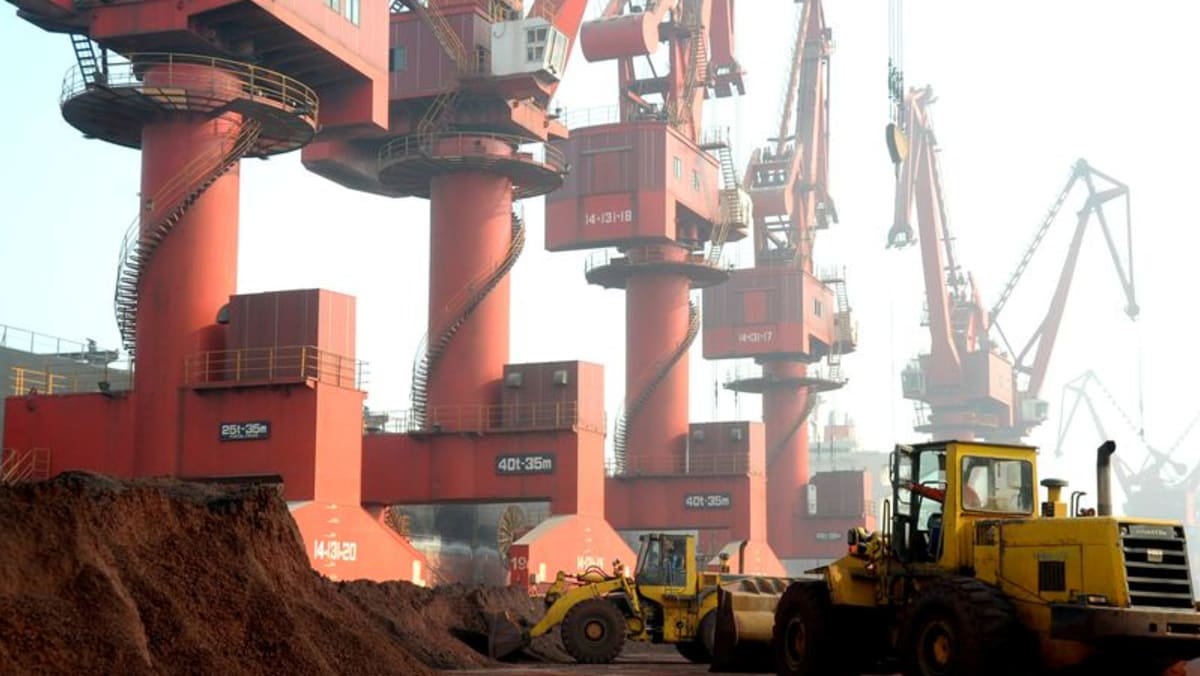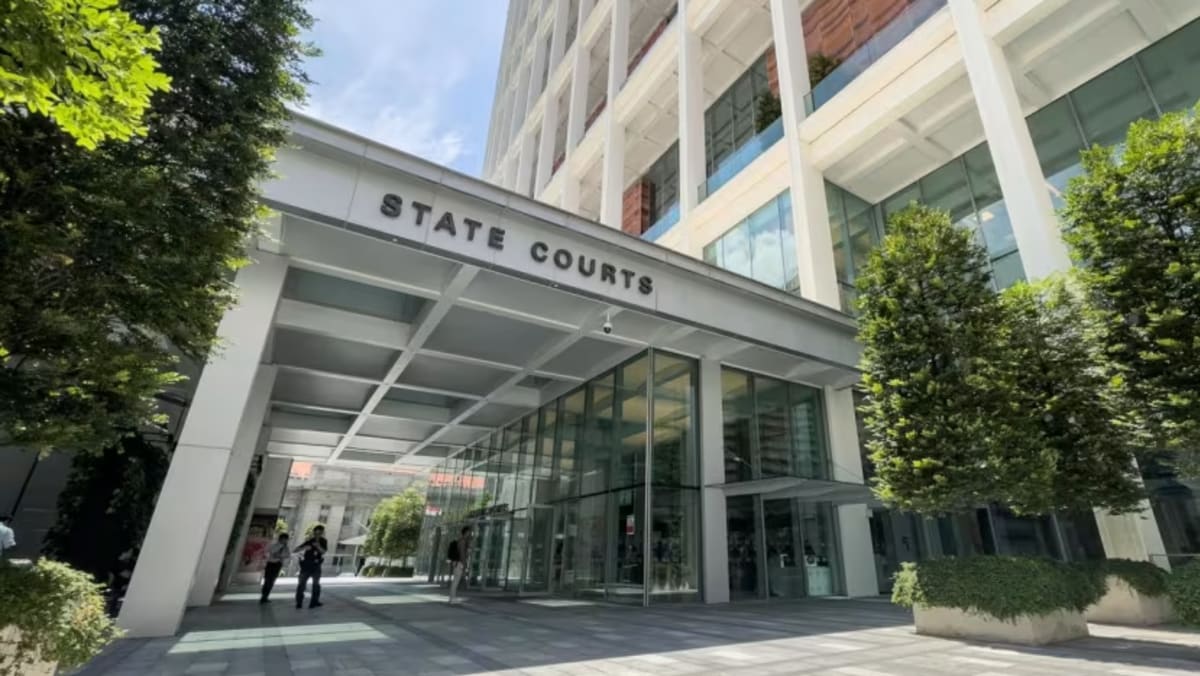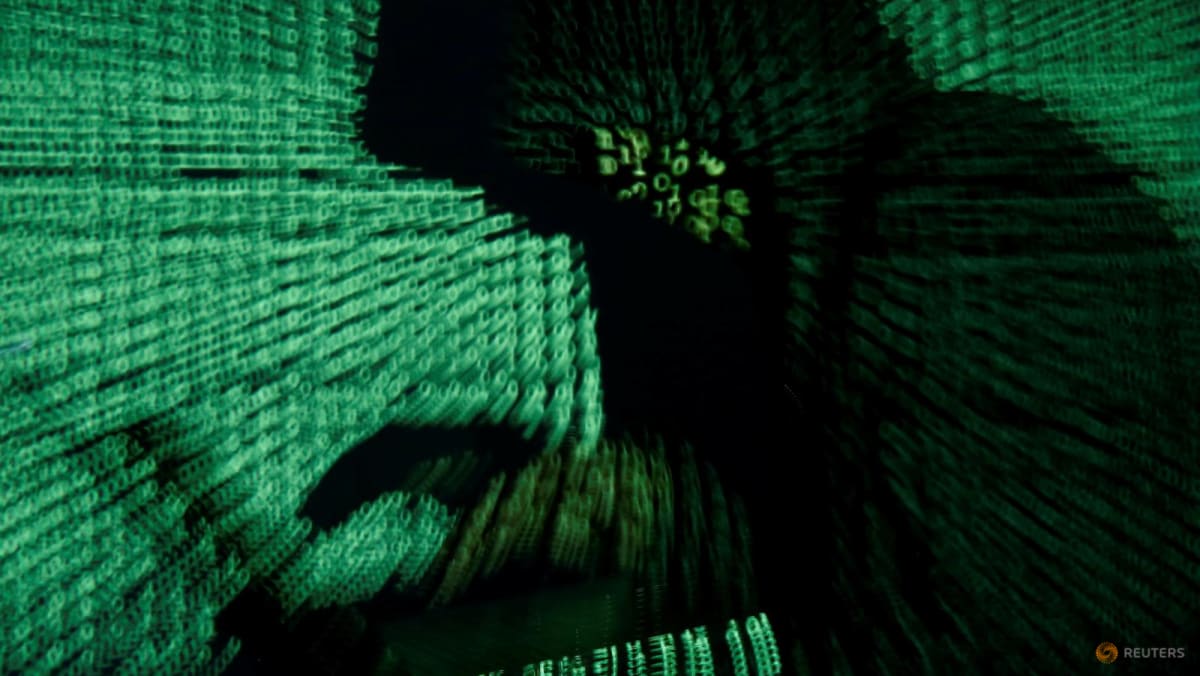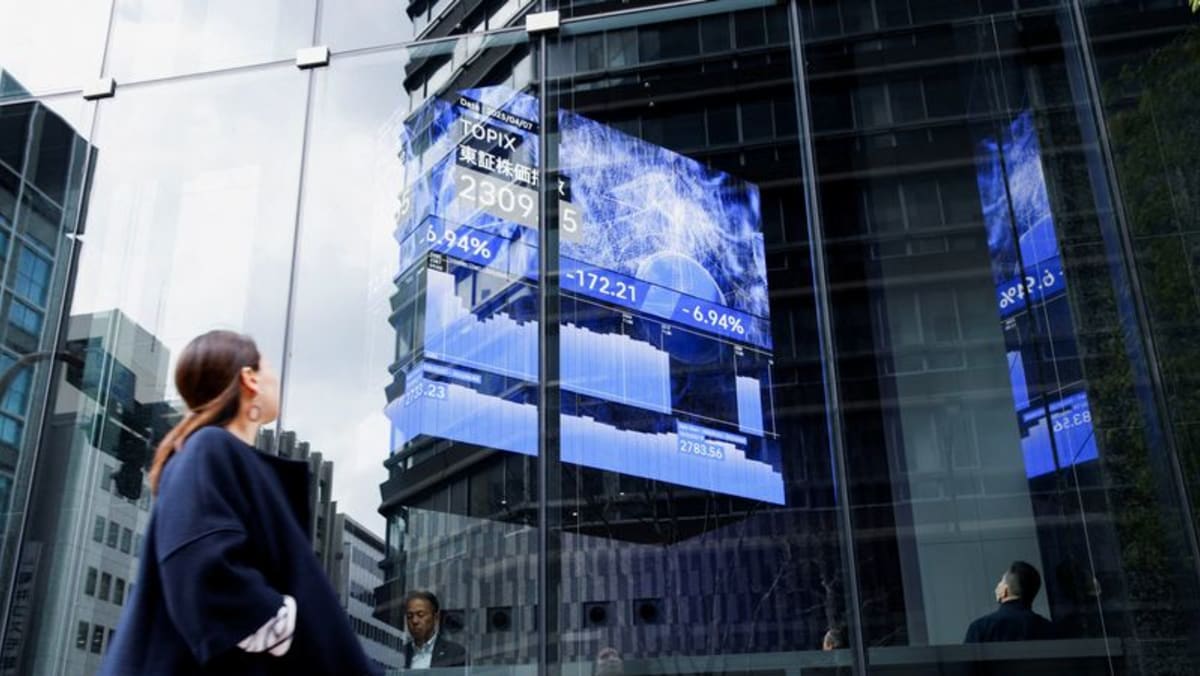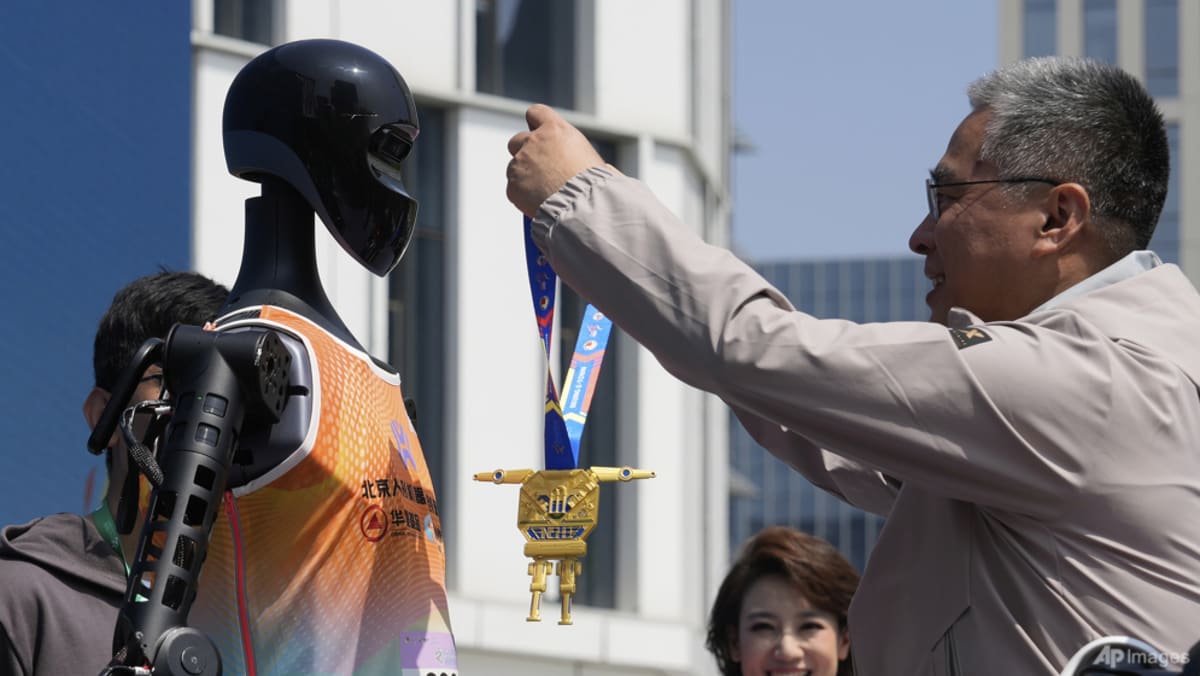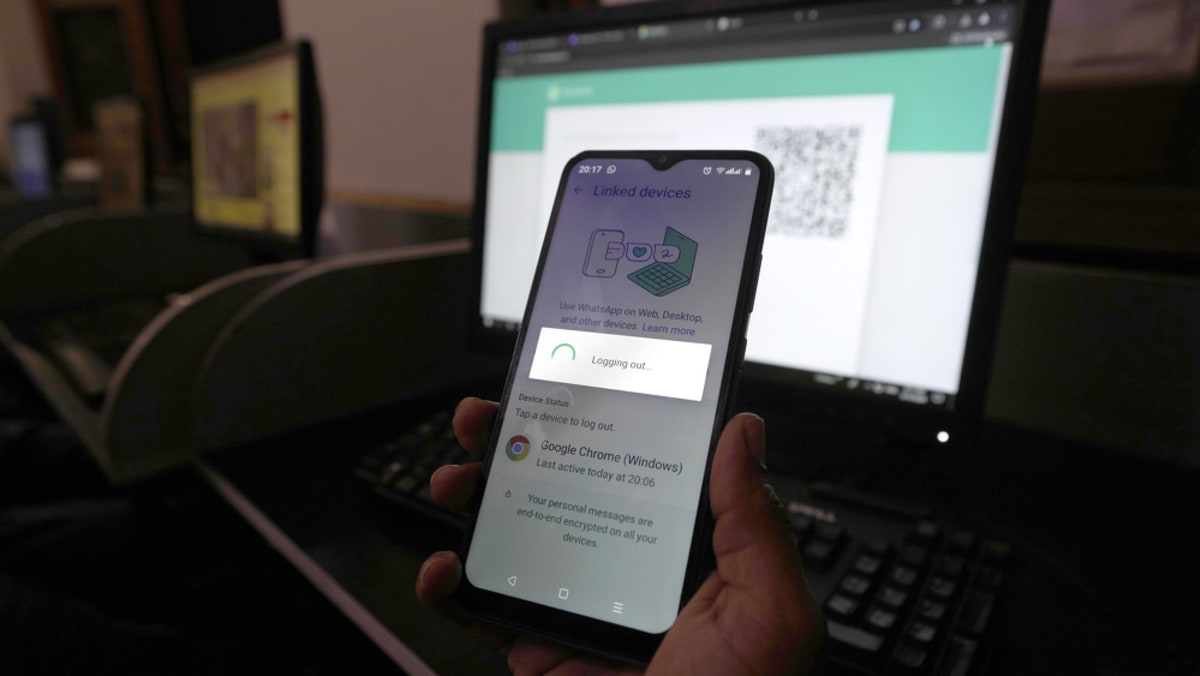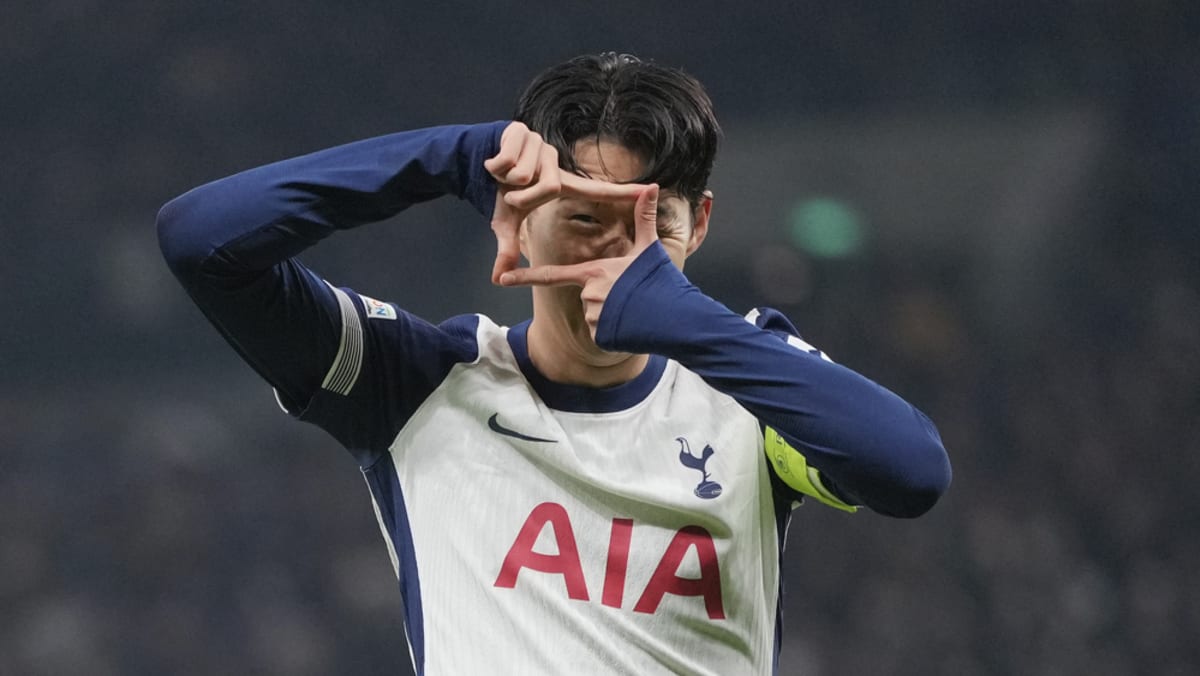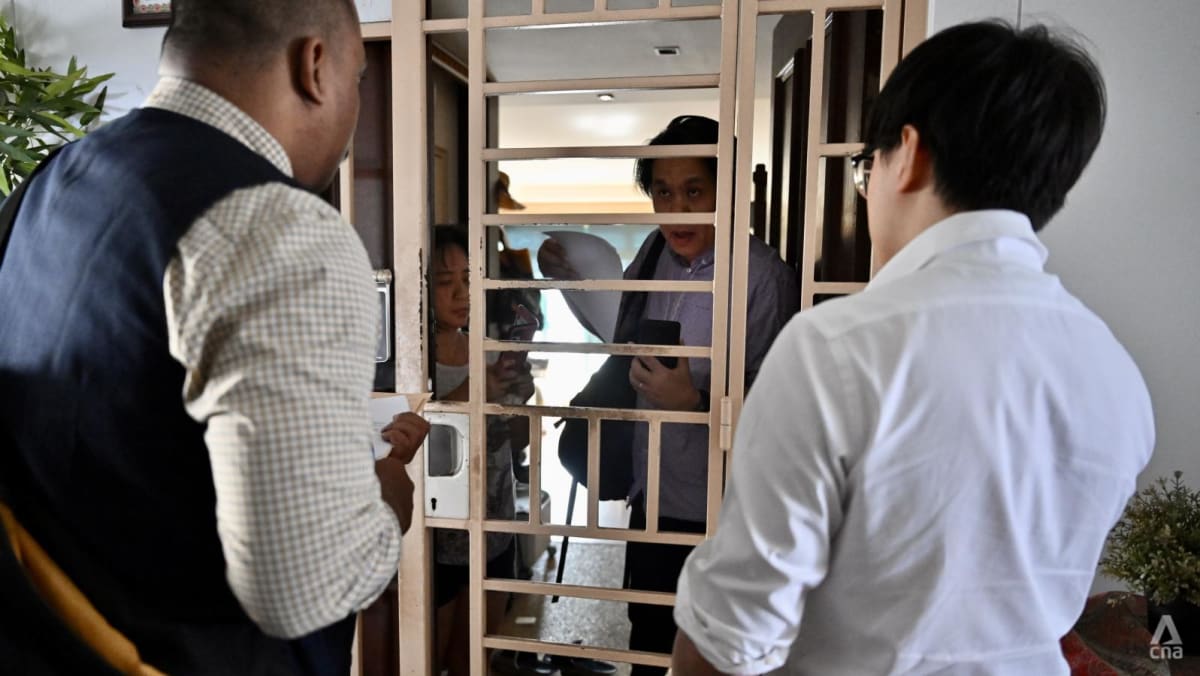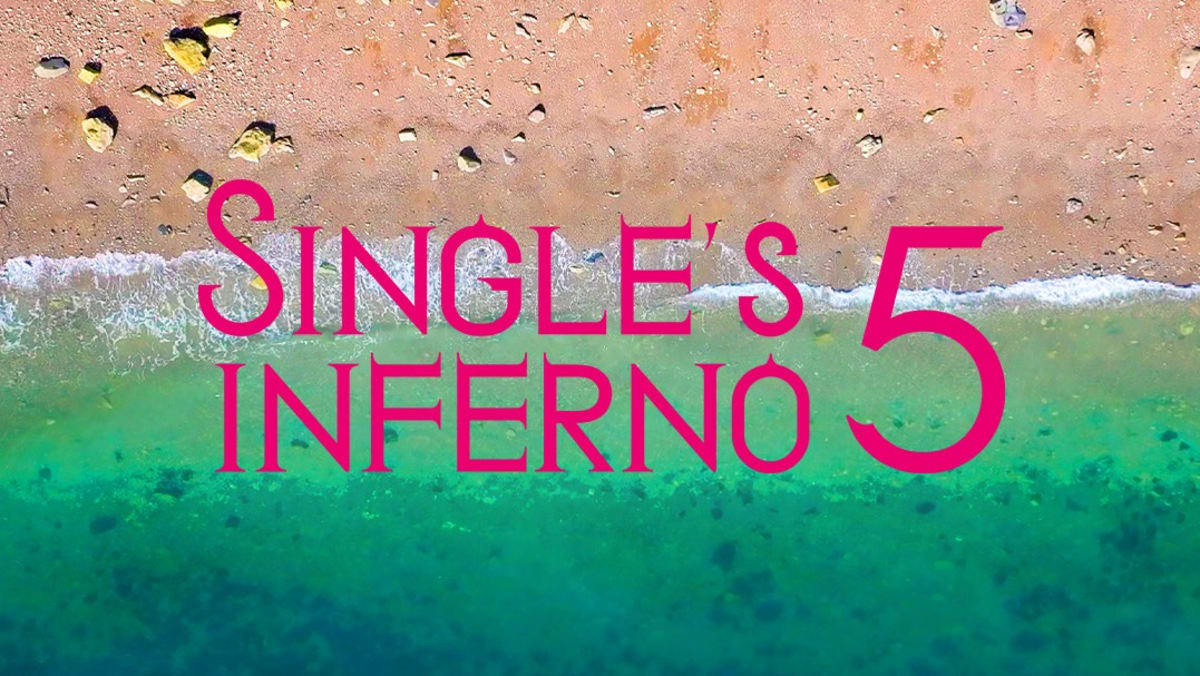US President Donald Trump is expected to speak with his Russian counterpart Vladimir Putin this week on ways to end the three-year war in Ukraine, US envoy Steve Witkoff told CNN on Sunday (Mar 16) after returning from what he described as a "positive" meeting with Putin in Moscow.
"I expect that there will be a call with both presidents this week, and we're also continuing to engage and have conversation with the Ukrainians," said Witkoff, who met with Putin on Thursday night, adding that he thought the talk between Trump and Putin would be "really good and positive".
Trump is trying to win Putin's support for a 30-day ceasefire proposal that Ukraine accepted last week, as both sides continued trading heavy aerial strikes through the weekend.
Russia moved closer to ejecting Ukrainian forces from their months-old foothold in the western Russian region of Kursk.
Trump said in a social media post on Friday that there was "a very good chance that this horrible, bloody war can finally come to an end".
He also said he had "strongly requested" that Putin not kill the thousands of Ukrainian troops that Russia is pushing out of Kursk.
Putin said he would honor Trump's request to spare the lives of the Ukrainian troops if they surrendered.
The Kremlin also said on Friday that Putin had sent Trump a message about his ceasefire plan via Witkoff, expressing "cautious optimism" that a deal could be reached to end the conflict.
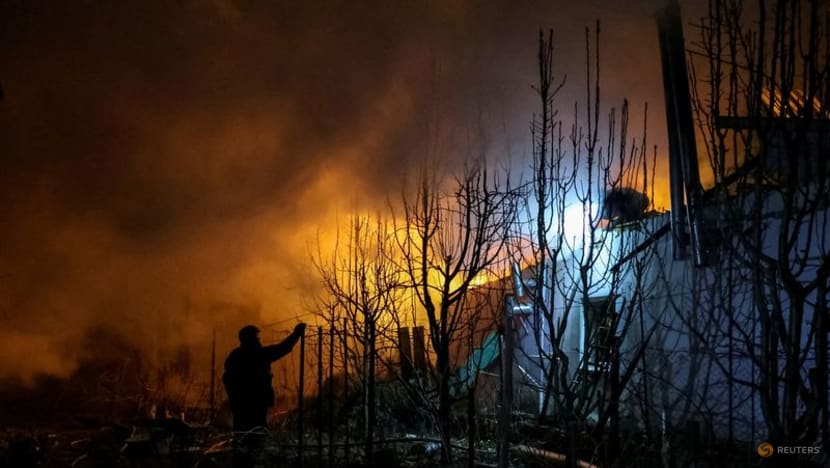 Rescuers work at the site of a building destroyed during a Russian air strike, amid Russia's attack on Ukraine, in Kherson, Ukraine Mar 14, 2025. (Photo: Reuters/Ivan Antypenko)
Rescuers work at the site of a building destroyed during a Russian air strike, amid Russia's attack on Ukraine, in Kherson, Ukraine Mar 14, 2025. (Photo: Reuters/Ivan Antypenko)
In separate appearances on Sunday shows, Witkoff, Secretary of State Marco Rubio, and Trump's national security adviser Mike Waltz, emphasised that there are still challenges to be worked out before Russia agrees to a ceasefire, much less a final peaceful resolution to the war.
Asked on ABC whether the US would accept a peace deal in which Russia was allowed to keep stretches of eastern Ukraine that it has seized, Waltz replied: "Are we going to drive every Russian off of every inch of Ukrainian soil?"
He added that the negotiations had to be grounded in "reality".
Rubio told CBS a final peace deal would "involve a lot of hard work, concessions from both Russia and Ukraine", and that it would be difficult to even begin those negotiations "as long as they're shooting at each other".
ADDITIONAL MEASURES
Trump has warned that unless a ceasefire is reached, the conflict between Moscow and Kyiv has the potential to spiral into World War III.
His administration took steps last week to induce further cooperation on a ceasefire. On Saturday, Trump said that General Keith Kellogg's role had been narrowed from special envoy for Ukraine and Russia to only Ukraine, after Russian officials sought to exclude him from peace talks.
A licence allowing US energy transactions with Russian financial institutions expired last week, according to the Trump administration, raising pressure on Putin to come to a peace agreement over Ukraine.
The US Treasury Department is looking at possible sanctions on Russian oil majors and oilfield service companies, a source familiar with the matter said, deepening steps already taken by Biden.
John Blaxland, professor of international security and intelligence studies at the Australian National University, said both Ukraine and Russia are concerned that the other side would exploit a ceasefire to strengthen their positions before re-engaging militarily.
"So it's devilishly difficult to get a position that both sides are agreeable on," he told CNA's Asia First.
On the likelihood of a ceasefire, Blaxland added: "Trump has been very hard on Zelenskyy and has had support and intelligence on and off again.
"My sense is that this is actually part of the positioning to try and make the US appear to the Russians as if they are playing hardball with Ukraine, to try and entice them to make a concession as well.
"Whether or not that actually materialises is another matter entirely because none of us can read the mind of Vladimir Putin or of Donald Trump," he said.

